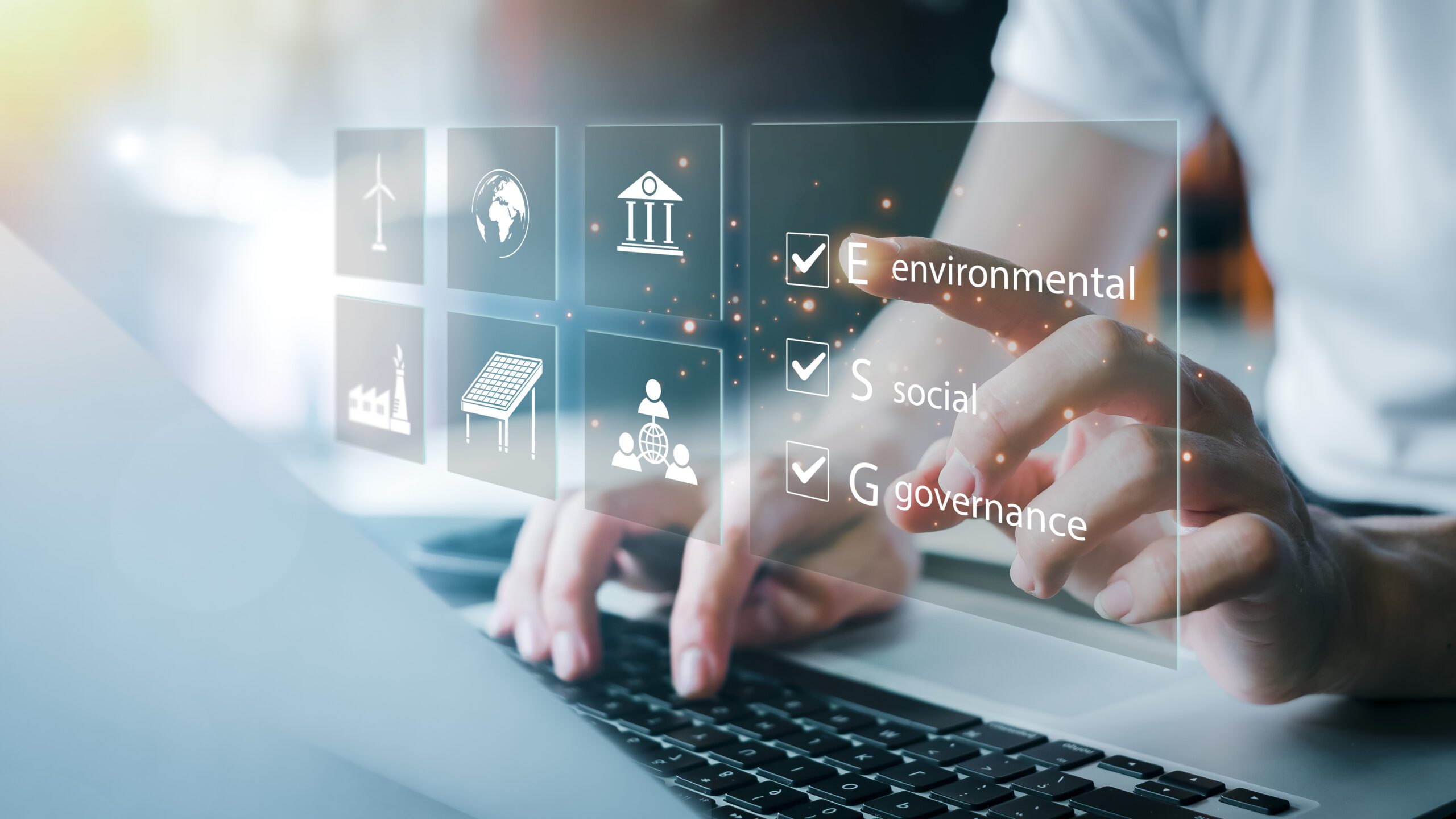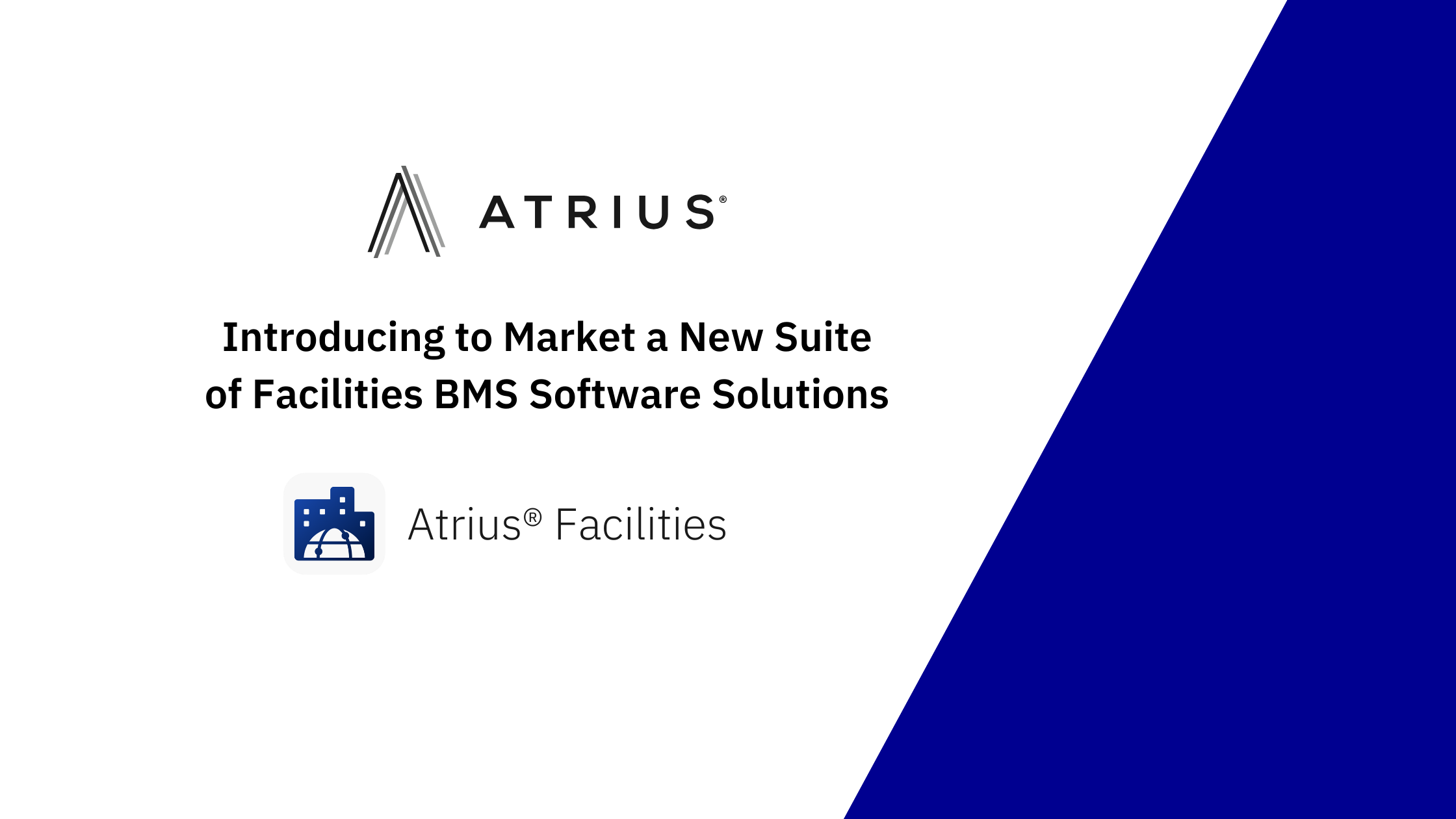This article was originally published on Smart Buildings Technology.
If you happen to already be through the university system and sustainability wasn’t a major track offered at the time, you can still contribute to your organization’s leadership in a way that channels your passion for environmental awareness.
When I was attending university, Al Gore and David Suzuki were making the rounds to promote the documentary film, An Inconvenient Truth. The film is designed to persuade viewers that global warming is real, man-made, and its effects will be cataclysmic if we don’t act now. I looked around the room and saw hundreds of Science and Arts students, but only a dozen Business students in a room of approximately 5,000 attendees.
Even in college I was looking for a way to merge my passion for protecting the environment with my ambition in business. At that time, sustainability as a course of study was non-existent. The first School of Sustainability offered by a university in North America was founded in 2006 and the concept was foreign to business schools until then. There were related programs, but in the worldviews of geography, urban planning, and enviro majors, the idea of combining sustainability into business practices is still gaining traction.
Without a clear path from college major to career goal, I had to get creative. I now serve as VP of Marketing & Sustainability in the Intelligent Spaces Group at Acuity Brands, but I created my own trajectory into an executive sustainability role. I’d like to share how others looking to advance their careers in this field can assemble the skills and knowledge to do so.
How the sustainability field has evolved
When companies first started thinking about sustainability, it was purely philanthropic and/or simply meant tracking energy, waste, and water on spreadsheets. A single person could be tasked with the job of tracking resource use and waste output.
Using pen and paper to capture monthly usage — with the goal of, over time, eventually seeing trends emerge — was the best-case scenario. And even then, companies could only react to fluctuations after the fact, not proactively. Worst case, human error would impact the reliability of the data, or the cause of anomalies would remain unknown.
As the effects of manmade climate change became more evident, consumers, shareholders, and governments began to demand visibility and accountability from corporations. Many companies now have dedicated sustainability officers and there is technology to help their teams operate effectively.
Much of the guesswork has been removed. and many companies are tracking progress toward their sustainability goals in their annual financial reports. In response to this need for trained professionals, universities are now offering coursework to prepare the future leaders of sustainability.
If you happen to already be through the university system and sustainability wasn’t a major track offered at the time, that doesn’t mean you still can’t have a role within your organization’s leadership that involves your passion for environmental awareness.
At the start, it might be all passion and no pay
Volunteering is a great way to start building your knowledge of the sustainability industry. Volunteering within your organization can raise your visibility to c-suite leaders who have sustainability as one of their passions as well. Volunteering outside your organization can help expose you to other like-minded professionals in your area.
Many companies at the early stages of their sustainability journey will ask for volunteers to support very lean teams. They might still be collecting data in a spreadsheet, but you can help ensure it’s accurate, conduct the analysis to spot trends quickly, or suggest free technology to help move your organization beyond spreadsheets.
The U.S. Department of Energy provides a list of free or low-cost tools, for example. Atrius and other companies offer free calculators specifically designed to help organizations understand their carbon footprints. These tools can help companies calculate their greenhouse gas emissions and create practical targets for reduction.

Put the right tools in your tool kit
Beyond the boots-on-the-ground experience that can be gained through volunteering, self-directed online study can help you achieve accreditation and expand your knowledge beyond what your company is currently dealing with for its sustainability program.
There are some very reasonably priced online courses offered by well-known institutions that will increase your professional credibility in the space. I would highly recommend the online programs I took through Yale and Harvard as they are accelerated programs that can be completed around your schedule.
I was also part of the founding team for the John Molson Sustainable Business Group, which originally was a group dedicated to helping students become ecologically aware, socially just, and economically responsible business leaders. This was a first step for my university towards incorporating sustainability into their business students’ college experience.
This eventually evolved into the John Molson Sustainable Enterprise Committee (JSEC), which connects business students interested in the topic of sustainability with professionals who work in the field. I continue to serve as a mentor for JSEC and am thrilled to see the growing interest in sustainability from business students.
Sustainability-focused programs at universities across North America are growing, but if you didn’t have the good fortune of attending one of these fine institutions, jump online and see what professional areas you can bolster digitally.
In the absence of a corporate sustainability executive — keep pushing
There are so many compelling reasons for organizations to invest in sustainability programs and the people who run them. Companies that invest in executive sustainability roles will have a competitive edge in attracting talent as the new generation of employees rank environmental stewardship as an important value.
The companies that prioritize environmental stewardship are more likely to increase sales. A recent McKinsey study found that in two-thirds of product categories, products that made environmental, social, and governance (ESG)-related claims grew faster than those that didn’t.
If you’re the kind of person who cares about corporate sustainability and you’re not seeing a clear place for you at your organization, take action!
The global green technology and sustainability market size is expected to reach around $417.35 billion by 2030, growing 21.6% from 2022 to 2030. If your hard work doesn’t pay off at your current organization, you will be perfectly positioned with the skills employers are looking for in the years to come.
In the following recent episode of Aishani Garg‘s “Climate Career Kit” podcast, Acuity Brands’ sustainability and marketing VP Lauren Scott shares her professional insights and experiences for students entering the sustainability field.



